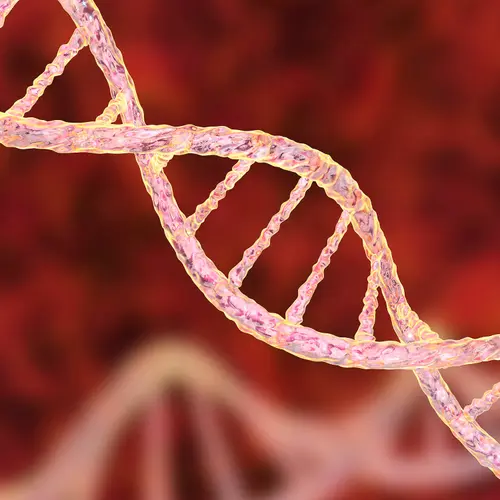If you’re a parent of a child or teen with ADHD (attention deficit hyperactivity disorder), they – and you – may experience stigma. This is a negative attitude that some people feel toward others who may be different from them. It’s the result of myths and stereotypes.
Kids with ADHD can be impulsive, inattentive, and find it hard to follow directions, among other signs. Because of this, some people may have negative ideas about your child and their behavior that aren’t true. This is what stigma looks like. It’s serious, and it can have lasting effects on how children and teens feel about themselves, how they interact with peers, and how they learn.
What Stigmas Do Kids With ADHD (and Their Parents) Face?
Although many more people today know about ADHD, stigmas about the disorder still hang on. Maybe you or your child have heard that “ADHD isn’t real,” that kids who have it are just lazy or not smart. But research shows there are actual structural differences in the front part of the brains of people with ADHD. These differences affect executive function, or things like planning and organizing tasks.
Since kids with ADHD have issues with executive function, it can be difficult for them to tune out distractions and follow steps. Plus, many kids – even adults – with ADHD may have anxiety, too. When faced with a difficult task that can increase anxiety, they may try to avoid it. This can look like laziness to someone who doesn’t know the real story.
ADHD affects individuals the same way whether they have high, normal, or low IQ. Because some children with ADHD have a lot of energy and curiosity, many seem to function best when they’re figuring out how things work and looking for solutions. That’s different from the type of learning that involves memorization and repetition. The most important thing is to get a proper diagnosis and treatment so you can help your child do their best.
Your child or teen with ADHD can have a very fulfilling life. But another stigma that persists is that kids with ADHD won’t be successful. In fact, many well-known and successful adults have ADHD like Olympian Michael Phelps and Virgin Airlines founder Richard Branson.
ADHD Stigma And Parents
Stigma around ADHD can affect you as a parent, too. Some people may think that if your child or teen has ADHD, then you must be a bad parent. They assume that if your child or teen acts impulsively or has a hard time sitting still, it’s on you. Parenting has nothing to do with your child’s ADHD diagnosis. Most research points to other things like genetics, problems during pregnancy, or even exposure to certain toxins. But certain parenting techniques may help improve symptoms.
What can help kids with ADHD achieve their goals are parents and teachers who recognize and understand ADHD and who help kids find ways to increase their odds of success.
How Does ADHD Stigma Affect Minorities and Girls?
Research shows that Black, Latino, Asian, and Pacific Islander children are less likely to be diagnosed with ADHD. They’re also less likely to take medication to treat the disorder. There are many reasons for this. Researchers have found that among some Black people, there is a distrust of the medical community. There’s also the feeling that ADHD is not a “real” diagnosis, but a discipline problem. This stigma may be part of the reason Black children are diagnosed less frequently.
Studies have also found that lower rates of ADHD are reported for Asian Americans. We need to know more to understand why, but one reason may be that some Asian American families hold education as a priority. For them, having a child who is not doing well in school may not be seen as due to a brain disorder, but as parents failing in their job.
Girls often face a great deal of stigma related to ADHD. That’s because even today some people may think girls don’t get this condition. Girls generally don’t act out as much as boys. They’re more likely to blame themselves when they have a tough time with a task or project. All that blame may lead to more depression, eating disorders, and anxiety compared to girls without ADHD. People often don’t connect these symptoms with ADHD, which can lead to late diagnoses and delayed treatment.
How Stigma Hurts
No matter what your child’s race, ethnicity, or gender, ADHD stigma can lead to some other problems. Your well-being and that of your child and other family members can suffer, as can health. Stigma can cause your child to have low self-esteem, anxiety, or depression. They may develop sleep issues or abuse substances. Other children may bully them. Kids without ADHD can face these same issues. But it can be even more difficult with a child with ADHD who’s already having a hard time. And the effects of stigma can persist into adulthood.
There’s no quick fix for ADHD stigma. But keeping a positive attitude, raising awareness of the condition, and working closely with teachers and health professionals can help your child thrive.

